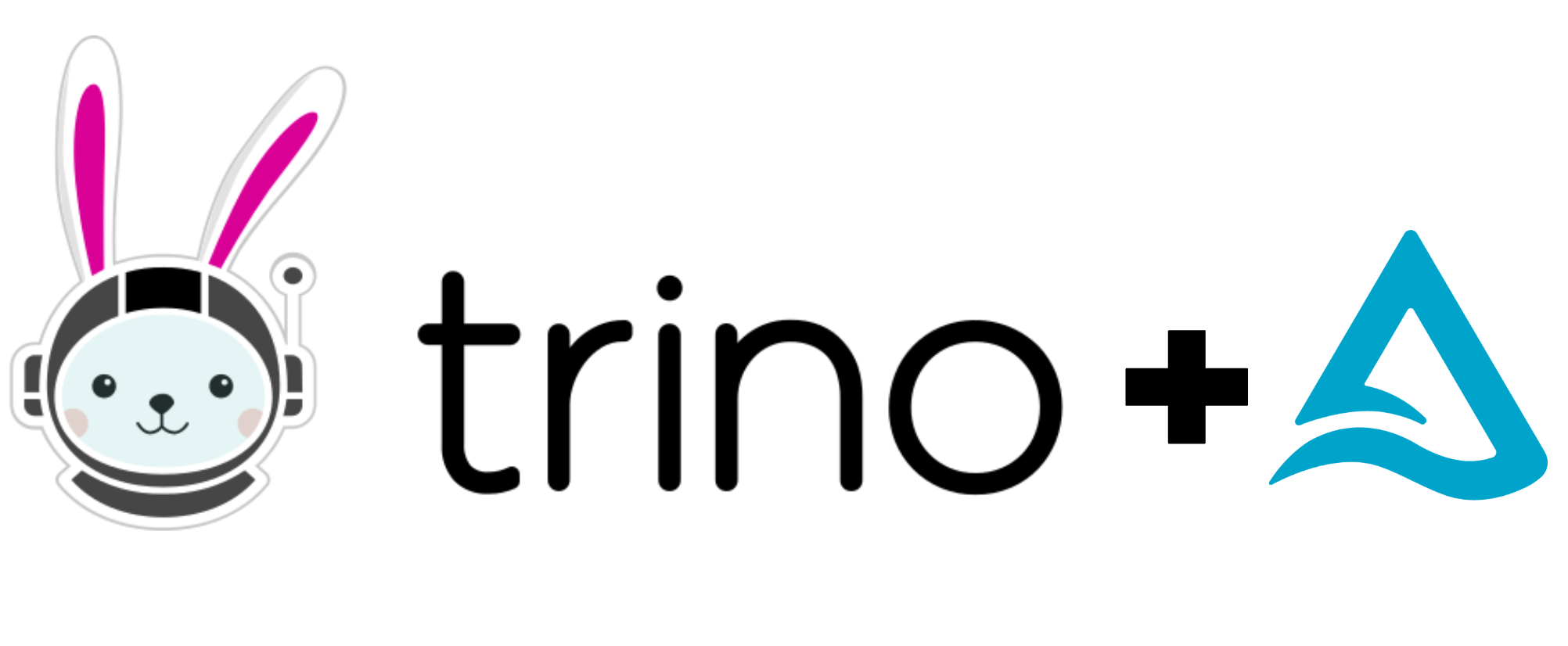
Exciting news - time travel capability has finally arrived in the Delta Lake connector! After introducing support for time travel in the Iceberg connector back in 2022, we’re thrilled to announce that the Delta Lake connector now joins the ranks as the second connector offering this feature.
Background and motivation #
Time travel as a feature has a number of practical use cases:
- Data recovery and rollback: In the event of data corruption or erroneous updates, time travel allows users to roll back to a previous version of the data, restoring it to a known good state.
- Auditing and compliance: Time travel enables auditors and compliance teams to analyze data changes over time, ensuring regulatory compliance and providing transparency into data operations.
- Historical analysis: Data analysts and data scientists can perform historical analysis by querying data at different points in time, uncovering trends, patterns, and anomalies that may not be apparent in current data.
Time travel SQL example #
Start by creating a catalog example with the Delta Lake
connector, create a demo
schema, and make it the current catalog with the
USE statement.
USE example.demo;
Let’s create a Delta Lake table, add some data, modify the table and add some more data using the following SQL statement:
CREATE TABLE users(id int, name varchar) WITH (column_mapping_mode = 'name');
INSERT INTO users VALUES (1, 'Alice'), (2, 'Bob'), (3, 'Mallory');
ALTER TABLE users DROP COLUMN name;
INSERT INTO users VALUES 4;
Use the following statement to look at all data in the table:
SELECT * FROM users ORDER BY id;
id
----
1
2
3
4
The $history metadata table offers a record of past operations:
SELECT version, timestamp, operation
FROM "users$history";
version | timestamp | operation
---------+------------------------------------+--------------
0 | 2024-04-10 17:49:18.528 Asia/Tokyo | CREATE TABLE
1 | 2024-04-10 17:49:18.755 Asia/Tokyo | WRITE
2 | 2024-04-10 17:49:18.929 Asia/Tokyo | DROP COLUMNS
3 | 2024-04-10 17:49:19.137 Asia/Tokyo | WRITE
You can specify the version using FOR VERSION AS OF. For example, to time
travel to version 1, which includes a WRITE operation, the query would look
like this:
SELECT *
FROM users FOR VERSION AS OF 1;
As you can see, time travel not only rolls back the data but also the table definition:
id | name
----+---------
1 | Alice
2 | Bob
3 | Mallory
Technical details #
Delta Lake manages transaction logs in the _delta_log directory located under
the table’s specified location.
- Last checkpoint: The optional file that manages the last checkpoint
version is named
_last_checkpoint. - Delta log entries: The JSON file contains an atomic set of actions, for
example
00000000000000000000.json - Checkpoints: The Parquet file contains the complete replay of all actions,
up to and including the checkpointed table version, for example
00000000000000000010.checkpoint.parquet
More details are available in the Delta Lake protocol documentation.
Following is an example of the _delta_log directory:
00000000000000000000.json
00000000000000000001.json
00000000000000000002.json
00000000000000000003.json
00000000000000000003.checkpoint.parquet
00000000000000000004.json
00000000000000000005.json
...
_last_checkpoint
When the specified version is older than the last checkpoint, such as version 2,
the connector reads the transaction log files starting from the initial
checkpoint file (00000000000000000000.json) up to the specified version
(00000000000000000002.json).
When the specified version is equal to the last checkpoint, in our example
version 3, the connector reads only the checkpoint file for that version
(00000000000000000003.checkpoint.parquet).
When the specified version is newer than the last checkpoint, so version 4, the
connector reads the checkpoint file for the last checkpoint version
(00000000000000000003.checkpoint.parquet) and the transaction log file for the
specified version (00000000000000000004.json).
The actual logic without the last checkpoint is more complex because the
connector cannot determine the checkpoints without listing file names in the
_delta_log directory.
Conclusion #
Time travel in the Trino Delta Lake connector opens up new possibilities for data exploration and analysis, empowering users to delve into the past and derive insights from historical data. By seamlessly integrating with Delta Lake’s versioning and transaction logs, Trino provides a powerful tool for querying data as it appeared at different points in time. Whether it’s auditing, historical analysis, or data recovery, time travel adds a valuable dimension to data-driven decision-making, making it an indispensable feature for modern data platforms.
Bonus #
Join us for Trino Fest 2024 where Marius Grama presents “The open source journey of the Trino Delta Lake connector” and shares more tips and tricks.